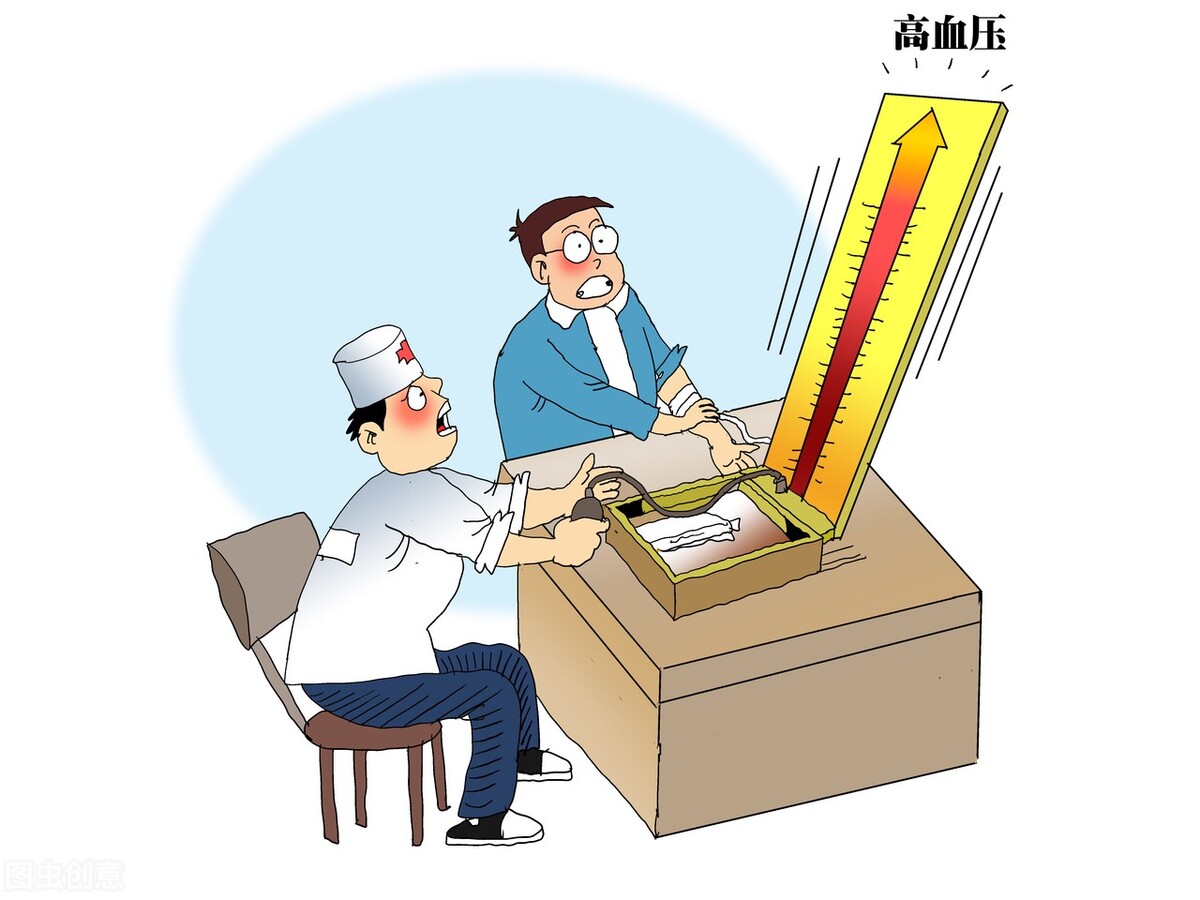The clocks “going back” mean dropping temperatures and the arrival of dark days. While some people look forward to colder weather, the change of seasons can negatively impact people with seasonal depression.
This mental health disorder, widely known as Seasonal Affective Disorder (SAD), occurs when seasonal changes trigger depression, primarily starting in fall into winter.
People with winter depression experience symptoms such as withdrawal from social activities, changes in appetite, and oversleeping, as well as problems associated with major depressive disorder.
While there may be many reasons why people develop the disorder, research suggests that colder weather, reduced sunlight, and shorter days may trigger seasonal affective disorder symptoms. Shorter days are thought to disrupt your circadian rhythm, the body clock that regulates your sleep-wake cycle.
SAD is a common mental health condition that can affect anyone, including mental health professionals. Here’s how individuals cope with seasonal depression and find ways to still enjoy the colder months.
1. Schedule your life around self-care
Organize your life around self-care.
This requires time management, prioritizing breaks and vacations, and taking care of your own appointments and family needs.
2. Accept where you are with your mental health in the moment
Shorter winter days can greatly impact an individual’s energy levels and mood. You can try to learn to practice embracing the current situation.
Meditation practice helps to help me accept reality as it is without judgment. So, when the weather is gloomy, try to take the opportunity to curl up with a good book or find a new series on Netflix to binge-watch. Give yourself permission to slow down and live in the moment.
3. Take a multipronged approach to coping with seasonal depression
Research shows that depression affects not only the brain, but also the body. There is a holistic approach to managing seasonal depression. This includes developing a routine of activities that are good for ypur “mind, body and soul.”
When it comes to mental health, it is recommended to find your own therapist and clinical consultation when challenges arise at work. Also, ensure that key body needs such as food, fluids, and rest are consistently met.
4. Get in touch with your creative side to process your feelings
Writing poetry during the winter is also a great way to treat seasonal depression.
This practice can help him change his perspective when dealing with discomfort and depression. In fact, research shows that journaling can relieve symptoms of stress and anxiety—so pick up a pen.
5. Make a few dietary changes as necessary
Adjusting your diet during the winter can also improve your grief symptoms.
Stimulants such as alcohol, sugar, and caffeine can exacerbate seasonal symptoms of depression or anxiety, so limit your intake during the winter. By eating more seaweed, seeds, whole grains, green tea and sauerkraut, you can increase your “feel-good neurochemicals” and amino acids – like tryptophan and gamma-aminobutyric acid (GABA).
Although more research is needed, some studies suggest that a diet rich in tryptophan can have a positive impact on mood, and that increased intake of GABA-rich foods may reduce symptoms of depression. While the link between gut health and mental health is still debated by experts, there’s absolutely no harm in adding more nutrient-dense foods to your daily meals.
6. Spend time in the sun
Vitamin D plays an important role in regulating mood, but reduced sunlight during the winter can interfere with the body’s production of this vitamin. Soaking up in the sun throughout the day can help you cope with seasonal depression.
Sunlight, even the smallest amounts that occur during the winter, can help increase serotonin levels and improve your mood. If it’s not too cold, take a walk outside. Carry coffee, tea or hot chocolate with you to keep warm.
Studies have found that taking vitamin D supplements may also reduce symptoms of depression if the weather has been rough recently. Talk to your doctor about testing your levels and possibly adding it to your daily treatment regimen.
7. Take a vacation if you can
Likewise, consider saving your vacation for a short trip to a sunny destination.
If you have the choice, a winter vacation is better than a summer vacation.Spending two weeks in warm, sunny climates in January can effectively interrupt the worst of winter..
8. Make your workspace and schedule more mental health-friendly
Staying indoors all day in the winter can mean missing out on a few crucial, mood-boosting hours.
Whenever the seasons change, redesign and arrange your workspace, such as sometimes placing your computer in front of a window to let in the sunlight. You can also keep your work materials within easy reach.
9. Find simple ways to enjoy the season
In addition to cultivating self-compassion, learn to recognize that your body and mind need gentle transitions as the seasons change.
One way to learn to appreciate the changing seasons is to find simple things you love in fall and winter. Surrounding yourself with more photos of beautiful landscapes, listening to the sounds of nature, and smelling your favorite scents all help to ease you through the day.
10. Lean on a support system
“Open, meaningful and supportive” discussions with family and friends are invaluable when dealing with seasonal depression. Additionally, even therapists need therapy sometimes, so don’t be shy about seeking professional support.
Although seasonal depression only occurs during certain months of the year, it is no less severe than other mental health disorders. Learn to implement expert-approved skills and build a support system to help you get through tough seasons.




